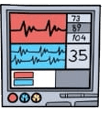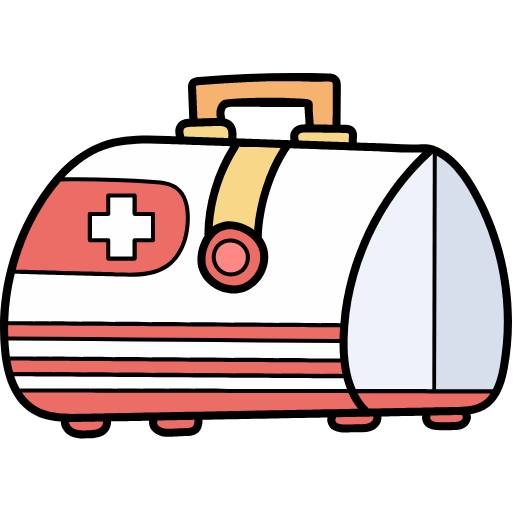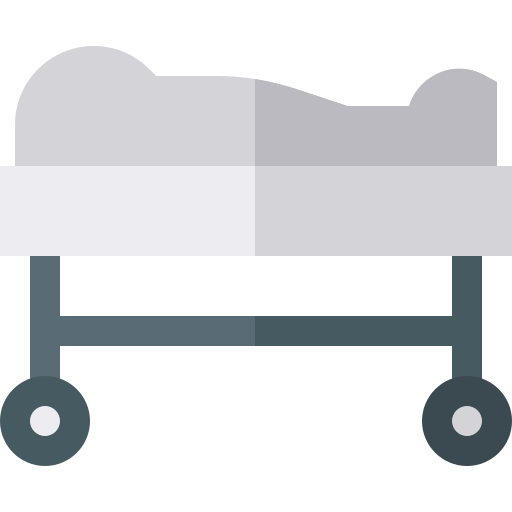Colorectal Cancer Awareness Month

introduction
- World Colorectal Awareness Month is March. The month of March is dedicated to every detail to raise awareness about cholesterol and the rectum and encourage people to perform early detection and early diagnosis tests, in order to allocate monthly cases and chances of recovery.
- Colorectal cancers are among the most common types of cancer worldwide. These diseases usually appear when abnormal cells grow in the wall of the large intestine or rectum, and their development may lead to the formation of malignant tumors.
- Factors that cause familial risk of irritable bowel syndrome (IBS) for the disease include personality traits for chronic inflammatory diseases such as ulcerative colitis and irritable bowel syndrome, poor nutrition, and an unhealthy lifestyle.
- Therefore, people are encouraged to follow a healthy lifestyle, and to rely on early examinations, such as screening and noscopy or stool binding. With early detection of colorectal cancer, treatment is more likely and the chances of recovery are higher.
- During the month of March, many awareness events and campaigns are organized around the world, such as lectures, medical seminars, marches, sporting events, vision donations, and campaigns via social media because information and awareness of the importance of early detection of rectal cancer.
- Educating people and encouraging them to take measures for early detection is the key to reducing the incidence of colorectal cancer and the risk of colorectal cancer in any person.
Symptoms of colorectal cancer
Symptoms of colorectal disease can vary between people and depend on the stage of the disease and the location of the disease. Symptoms may not be clear in the early stages of the disease, but they begin to be detected early, and periodic examinations are important to detect the disease in its initial stages. However, here are some symptoms that may be associated with the colon and rectum:
- Change in bowel habits: such as a change in stool pattern, persistent constipation, unexplained diarrhea, or a feeling that the bowel has not been completely emptied.
- Bleeding in the stool: It may be evident in the stool and is usually bright or bright red in color.
- Unexplained weight loss: Unexplained weight loss and persistent fatigue may be a sign of cancer.
- Abdominal pain: Some people may feel persistent or uncomfortable pain in the abdominal area.
- Swelling in the abdomen: Some may feel bloating or swelling in the abdominal area.
- Unexplained fatigue: A person may experience unexplained fatigue and general weakness for no apparent reason.
It is important to see a doctor if there are none of these symptoms, as you may be monitoring for the presence of a health problem such as colon and rectal pressure. People with symptoms of the disease should seek medical advice and then need a diagnosis.
Methods of preventing colorectal cancer
There are several methods that can be followed to prevent colorectal cancer. Here are some actions you can take:
- Early detection: It is recommended to conduct early detection tests for colorectal cancer regularly.
- Colonoscopy and stool test on protocol are common tests to detect early changes in the intestine and early diagnosis of cancer.
- Healthy nutrition: thus improving a healthy system that is rich in fiber and low in growth. You should include fruits, whole grains and plant proteins in the diet.
- Maintain a healthy weight: Maintaining a healthy and appropriate weight can reduce the risk of colorectal cancer. It is recommended to engage in regular physical activity and control stress levels.
- Abstaining from smoking and reducing alcohol consumption: Smoking and alcohol consumption are risk factors for colorectal cancer. It is preferable to completely abstain from smoking and reduce alcohol consumption.
- Limit consumption of processed and processed meats: Research indicates that consuming large amounts of processed and processed meats, such as sausages and cured meats, increases the risk of colorectal cancer. The consumption of these meats should be reduced and fresh and sustainable meats should be preferred.
- Limit the consumption of sugar and saturated fats: You should reduce the consumption of refined sugar and saturated fats, and avoid soft drinks, fast food, and ready-made meals that contain high levels of these ingredients.
Following a healthy lifestyle, following good nutritional habits and early detection of any changes in the intestines can help prevent colorectal cancer.

 Operation Theater
Operation Theater Intensive Care Units
Intensive Care Units Diagnostic & Imaging
Diagnostic & Imaging Hospital / Clinics Furniture
Hospital / Clinics Furniture Physiotherapy
Physiotherapy Specialties
Specialties Ambulance Equipment
Ambulance Equipment Mortuary Equipment
Mortuary Equipment

